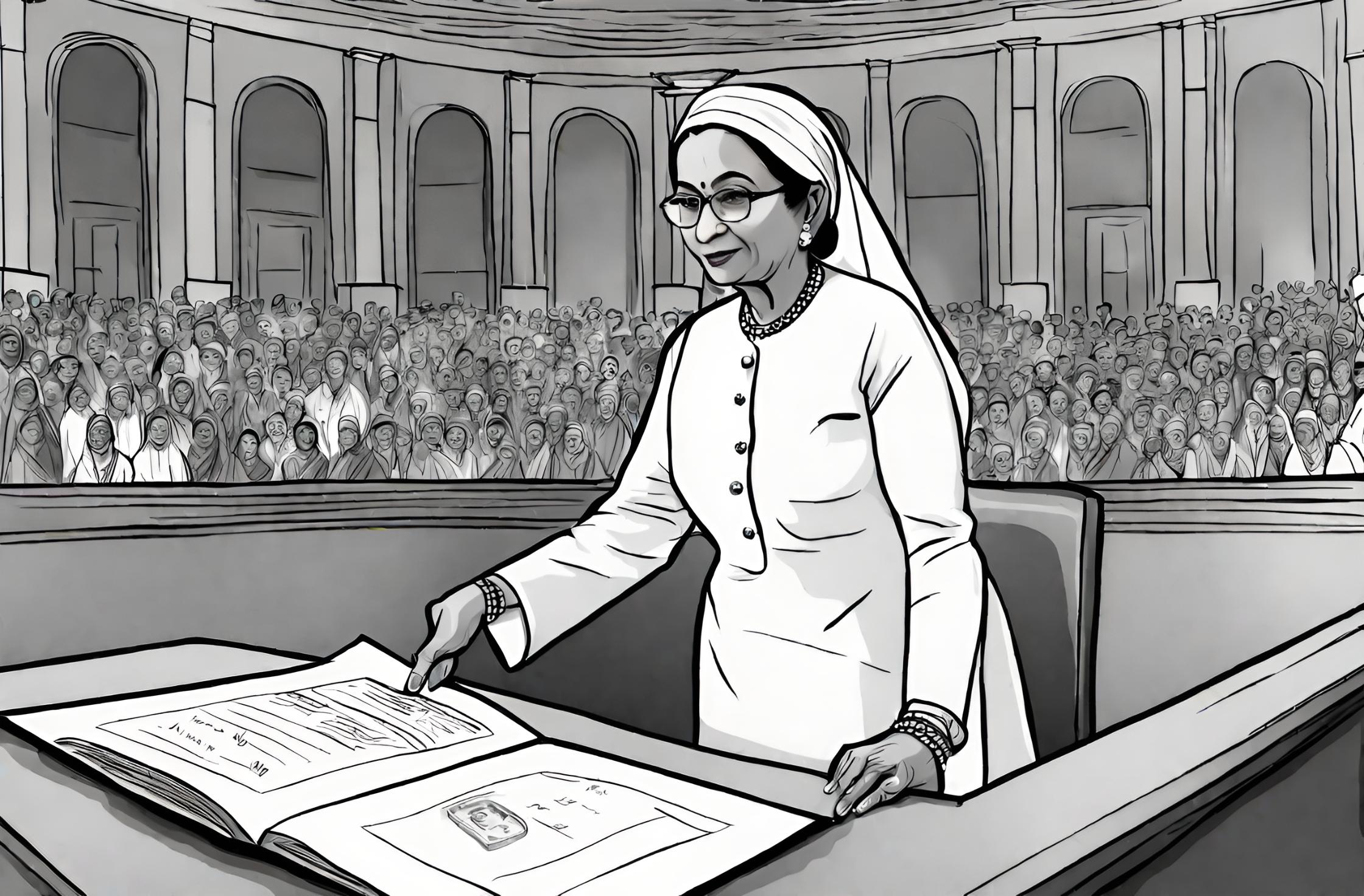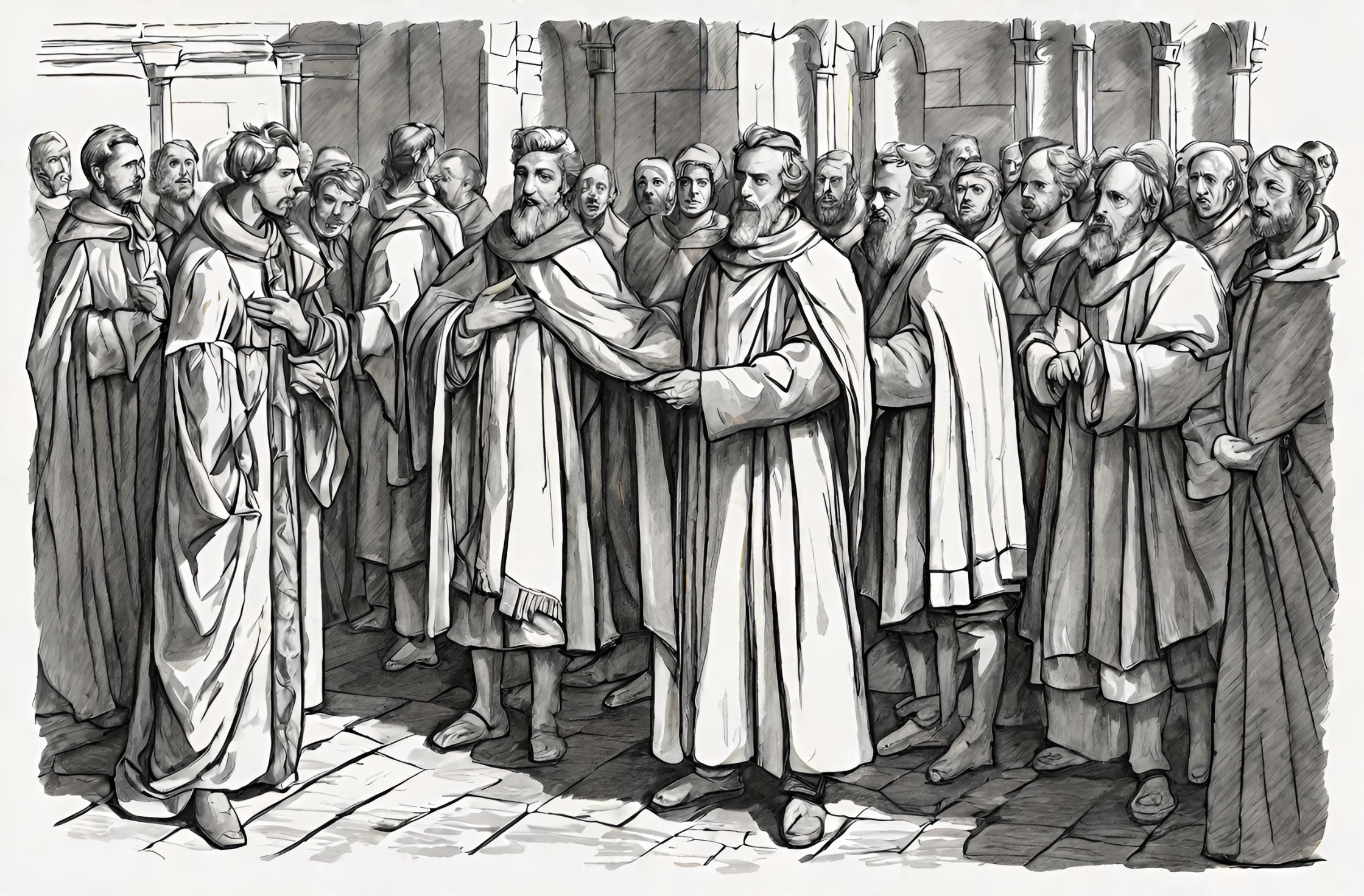Flashback to July 25
World History

On July 22, 1950, a historic event took place in Belgium – King Leopold returned after six years in exile. This momentous occasion marked a significant turning point in Belgian history and had a profound impact on both the monarchy and the nation as a whole.
The exile of King Leopold began in 1944 when he was taken captive by the German army during World War II. Following the war, his role in the collaboration with the Nazis became a subject of immense controversy and led to widespread calls for his abdication. In 1950, after spending years in exile in Switzerland, the king decided to return to Belgium and face the judgment of his people.
The return of King Leopold was met with mixed emotions and reactions from the Belgian population. While some welcomed his return as a symbol of continuity and stability, others were vehemently opposed to the idea of a monarch with a tarnished reputation. The events leading up to his return were marked by protests and political turmoil, as the nation grappled with its complex feelings towards its former ruler.
Upon his arrival, King Leopold was greeted by both supporters and protesters. The streets of Brussels were filled with people eager to catch a glimpse of the returning monarch, waving Belgian flags and expressing their joy at his homecoming. At the same time, protesters voiced their dissent, denouncing the king for his past actions and demanding justice.
In the days following his return, King Leopold addressed the nation in a televised speech, expressing remorse for his past actions and pledging to work towards reconciliation and healing. His words were met with a mixture of skepticism and hope, as many questioned the sincerity of his apology and doubted his ability to restore trust and unity.
The return of King Leopold also had significant political implications. The Belgian government, led by Prime Minister Gaston Eyskens, faced mounting pressure to address the concerns of the public and find a resolution to the ongoing controversy surrounding the king. It was a delicate balancing act, as the government had to navigate between the desire for justice and the need to maintain stability in the country.
In the years that followed, Belgium witnessed a period of political and social transformation, driven in part by the events surrounding King Leopold’s return. The controversy surrounding his past actions sparked a wider national debate about Belgium’s colonial past and its role in Africa, particularly in the Congo. This introspection led to a reevaluation of Belgium’s colonial legacy and a greater emphasis on human rights and equality.
the return of King Leopold to Belgium after six years in exile was a pivotal moment in the nation’s history. It sparked intense emotions and debates, highlighting the complex relationship between a monarch and his people. While the controversy surrounding his past actions continued to cast a shadow over his reign, it also paved the way for a broader national conversation about Belgium’s colonial past and its commitment to human rights. Ultimately, the events surrounding King Leopold’s return shaped the course of Belgian history and left a lasting impact on the monarchy and the nation as a whole.
We strive for accuracy. If you see something that doesn't look right, click here to contact us!
Sponsored Content

Pratibha Patil is sworn…
On July 25, 2007,…

Henry IV of France…
On 7/25/1593, Henry IV…

K.R. Narayanan is sworn-in…
On 7/25/1997, K.R. Narayanan…

Jews are expelled from…
On 7/25/1670, a significant…

The Japanese daimyō begin…
On June 17, 1869,…

George Stephenson builds the…
"Explore the revolutionary moment…

